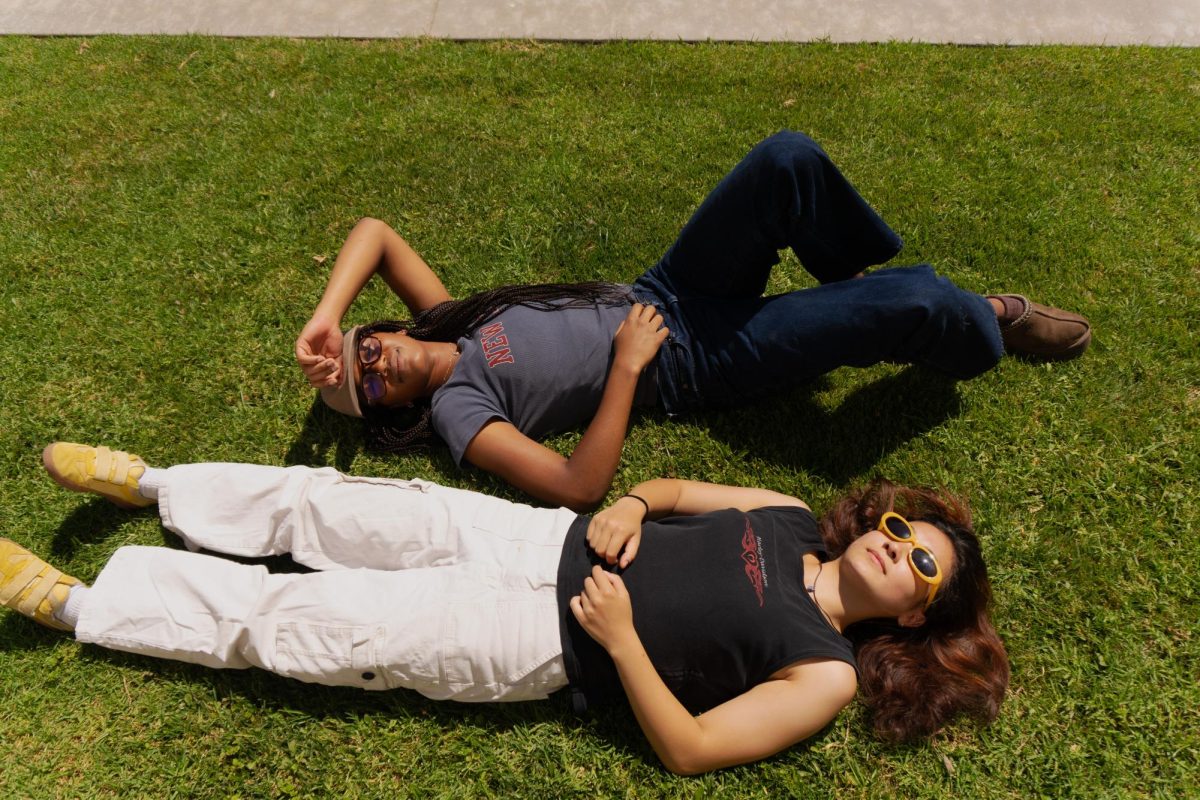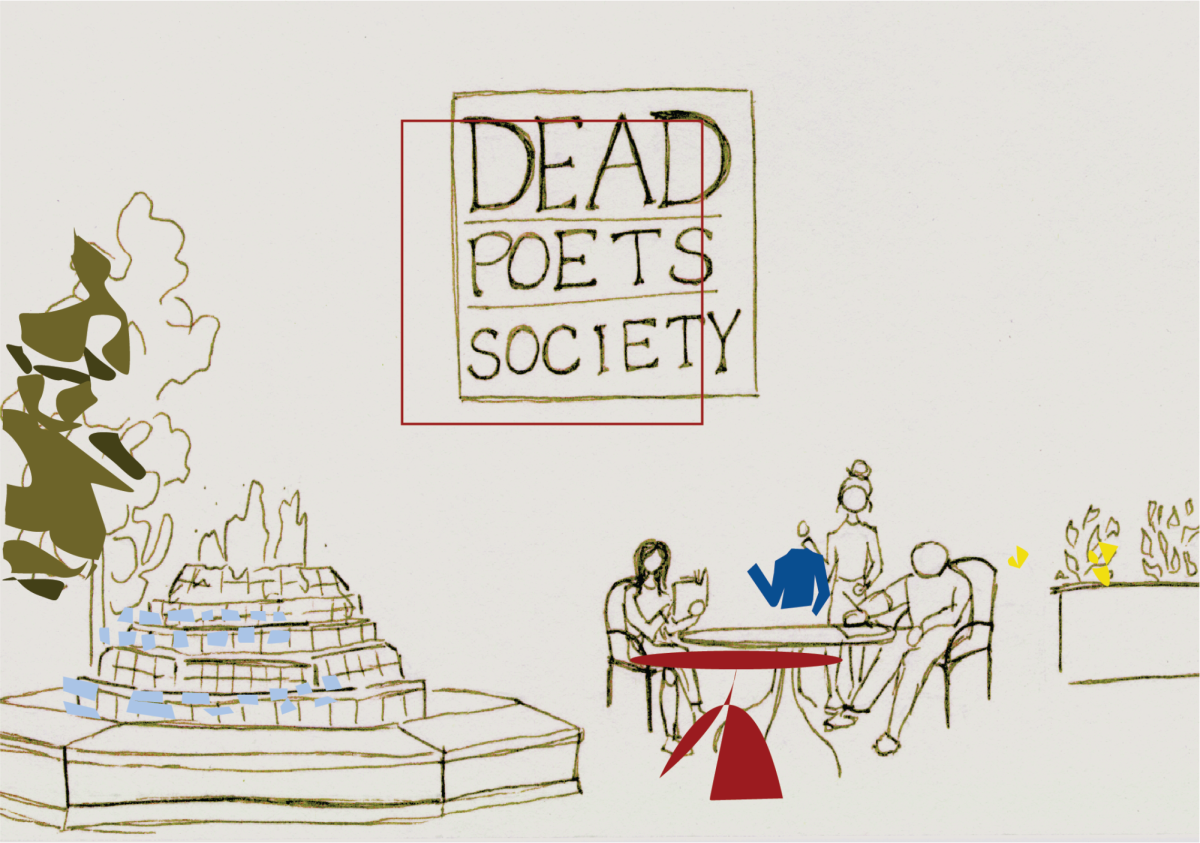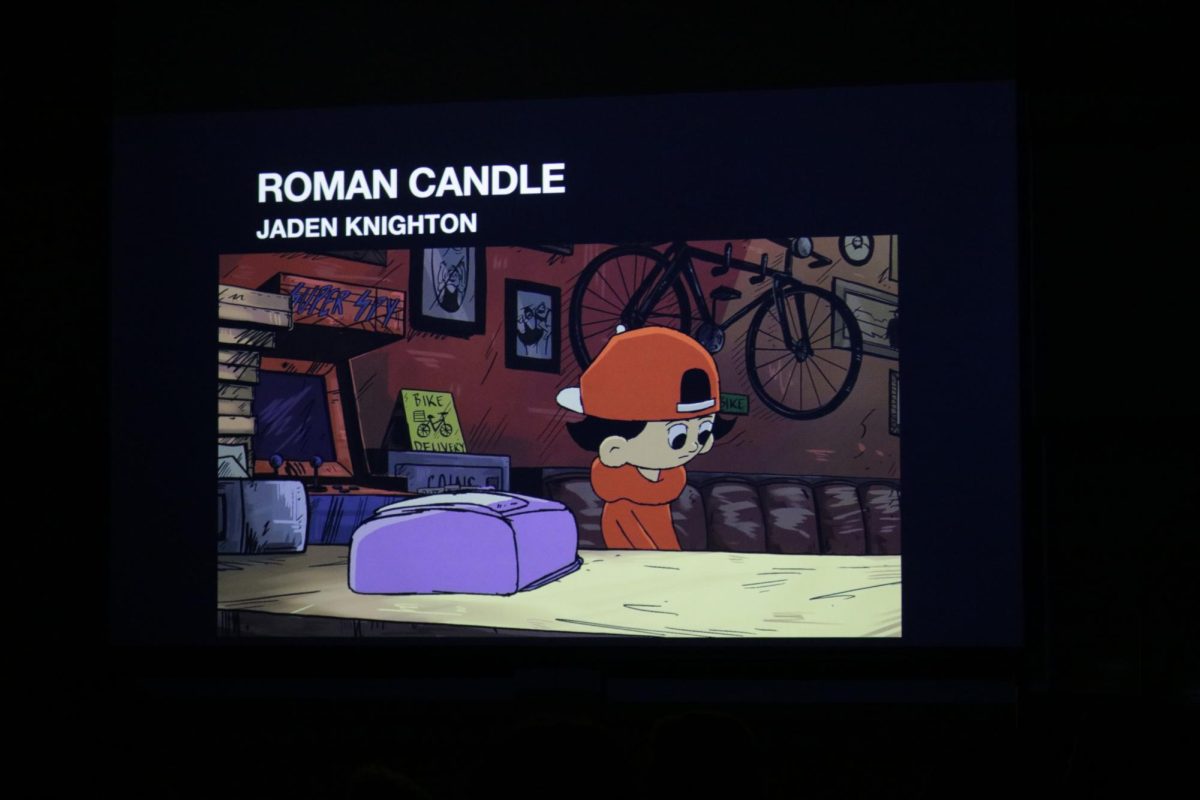Explaining a Titus Andronicus live show sounds like the setup to a bad joke. Essentially, you are combining Springsteen level bombast, Civil War drum aesthetics and a towering, bearded, wild-eyed man named Patrick Stickles with a penchant for excessive guitar solos. Non-existent punchline aside, the combination cogs together perfectly, and the New Jersey grandiose-punks brought down the Glass House in Pomona last weekend in support of their latest record, “The Most Lamentable Tragedy.”
HIGHLIGHT OF THE YEAR
After watching the tickets for the band’s Los Angeles stop at The Roxy sell out, I expected Pomona to have a decent sized crowd. The dead space between people when I walked in the Glass House proved otherwise, and this inevitably led me to two conclusions. On one hand, I would be close enough to Patrick Stickles to be at risk for catching his beard sweat. On the other, a small dead crowd makes for a non-existent mosh pit. Thankfully, the Titus Andronicus devotees there started the smallest and most ferocious pit I have ever had the pleasure of being injured in. Getting accidently punched in the face during “Dimed Out” was definitely a highlight of my year.
UNMATCHED ENERGY
After a wonderfully awkward introduction consisting of a capella rambling on Stickles’ behalf, and some mosh pit safety reminders, they were off like a gunshot. Titus Andronicus deals in blistering Americana-tinged punk, and their live treatment is relentless. The rollicking drum intro to “Richard II,” the song I was most hoping for, had the pit swirling with unmatched energy.
During the slow section of “No Future Part Three: Escape from No Future” I found myself arm-in-arm with a guy who literally had the Titus Andronicus logo tattooed on his shoulder. Together, the pit lined up to sing the refrain “You will always be a loser / you will always be a loser,” and that level of self-awareness was so humbling and empowering, if not totally vulnerable.
HOW TO BE ALIVE
Capping off the night with the outstanding epic “The Battle of Hampton Roads” was the best setlist decision Titus Andronicus could have possibly made. The crowd surged forward as three guitars were dipped into the crowd, soloing wildly in unison – reminding us how important this sort of punk can be. For a song that connects to themes of the Civil War, drug addiction and existential depression, it did a brilliant job reminding the rest of us how to be alive.







